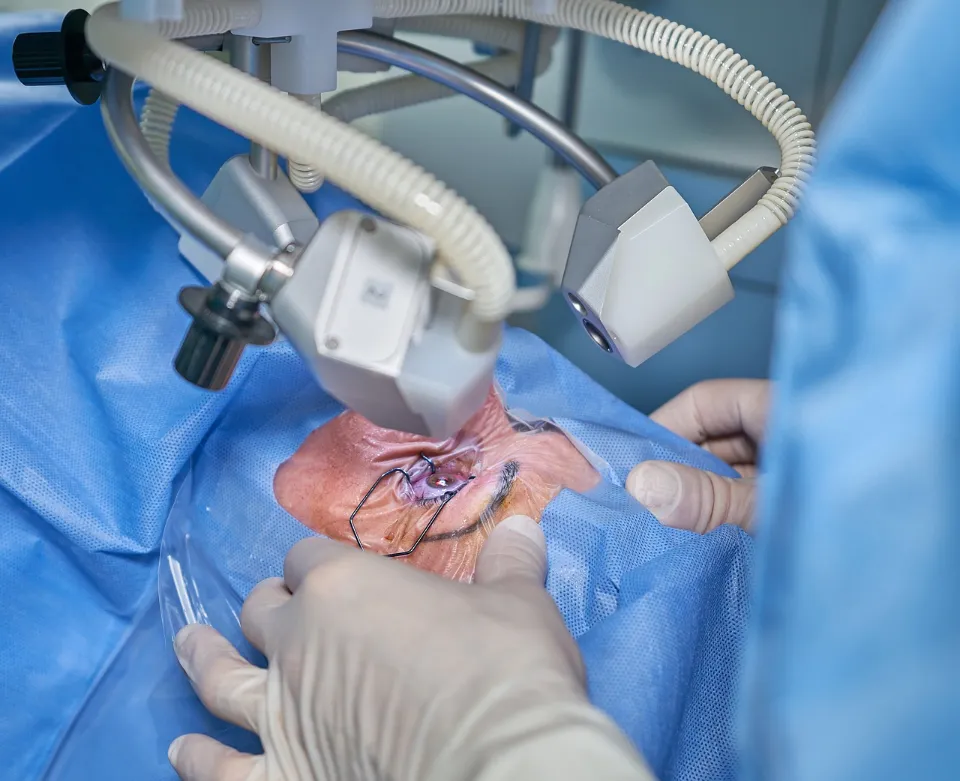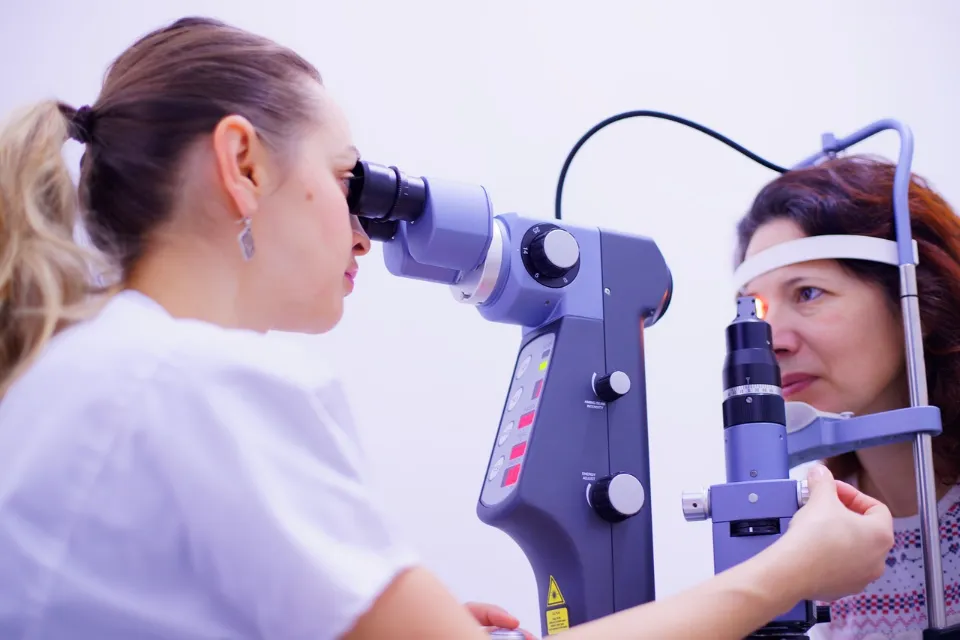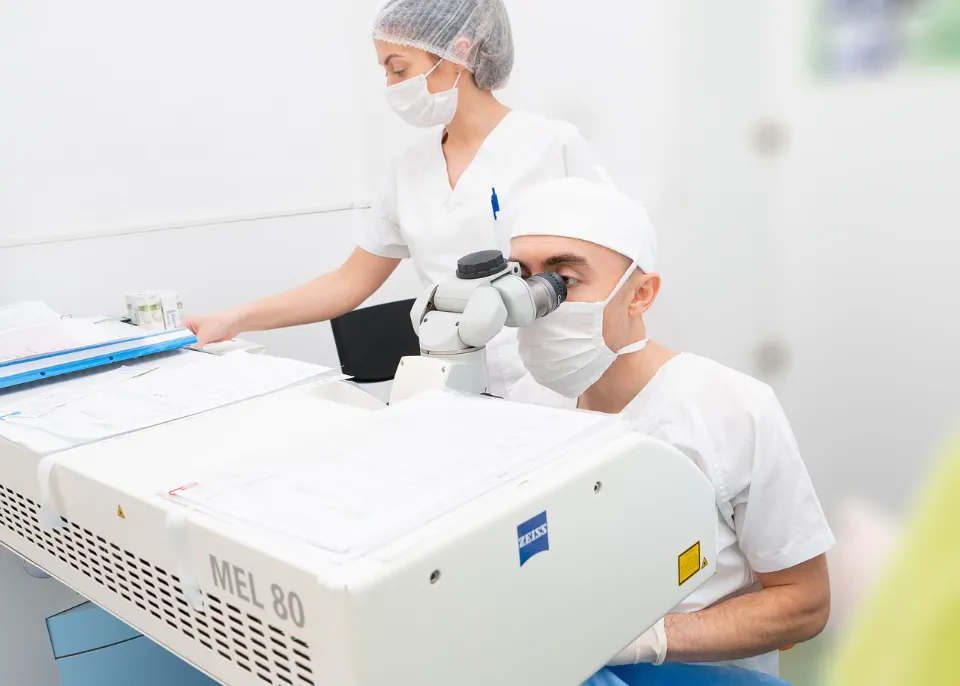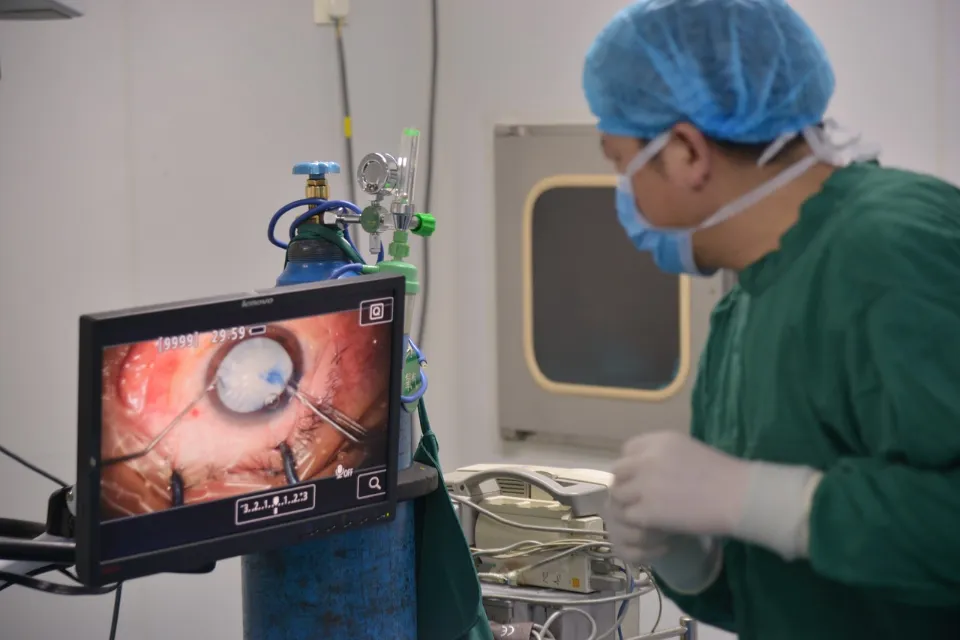
Addressing Blurred Vision 2 Years After Cataract Surgery
Although cataract surgery typically results in better vision, some people may continue to have persistent blurriness even years after the procedure.
In this article, we examine the causes of this condition, go over potential treatments, and emphasize the value of routine follow-up visits.
Come learn how to maintain long-term eye health and regain your best vision after cataract surgery.
Overview

As they recover from cataract surgery, patients may experience blurred vision or increased sensitivity in their eyes. Within a day or two after the procedure, the eyes should feel better. However, the full recovery time can be up to 8 weeks. Are you scared of cataract surgery, check this guide!
Years later, the person may have experienced posterior capsule opacification (PCO), which causes the vision to become blurry once more.
Within two to five years of cataract surgery, PCO affects 20 to 50% of patients.
PCO can cause a person to experience gradual:
- Blurred vision
- Reduced sensitivity to contrast
- A lack of binocular vision, where a person’s eyes do not work together
- Halo effects, where a person sees halos or rings around lights
PCO is also known as secondary cataracts or after-cataracts.
What is PCO and Why Can It Cause Blurry Vision 2 Years After Cataract Surgery
You must first learn more about what transpires during cataract surgery in order to comprehend what PCO is.
You probably already know that an artificial lens is used to replace the natural one when a cataract develops in the lens. Because proteins clump together on the lens and block light from passing through it, cataracts develop as a result. But did you know that the lens is encased in a capsule that must be broken open with a laser in order to destroy the natural lens through the ultrasound procedure known as phacoemulsification?
Proteins clump together once more to cause PCO, but this time they do so on the tiny portion of the capsule that was left in the eye to which the artificial lens was attached. This is at the back of the eye, hence the “posterior” in the name of the condition.
Somewhat confusingly, this has become known as a “secondary cataract”. Even though the condition can manifest months or even years after the cataract removal surgery, it exhibits symptoms like blurry vision that are very similar to those of the original cataract.
Fortunately, a very simple solution exists. It takes only a few minutes and is known as a YAG laser. You’ll receive some numbing drops from your ophthalmologist before the painless procedure to zap the offending proteins. All that is required is one treatment for a conclusive result, and you will leave right away.

Why Does Posterior Capsule Opacification Occur?
When secondary cataracts or scar tissue develop on the area of the capsule that houses an artificial lens implant, PCO results. Over the spot where doctors inserted the artificial lens, scar tissue develops as the area heals.
The posterior capsule is a membrane on which this scar tissue develops. Vision becomes obscured once more as scarring develops in the area behind the implant in the patient’s eye.
Other Possible Effects of Cataract Surgery
One of the most popular and risk-free surgical procedures available to a person is cataract surgery. However, a person may experience some side effects, as with all surgeries.
The most frequent adverse reaction to cataract surgery is PCO. Other side effects may include:
- Changes in pressure on a person’s eyes
- Eye swelling
- Eye bleeding
- Eye infections
- Vision loss
- Double vision
- Retinal detachment
- Dislocation of a person’s artificial lens
- Damage to other parts of a person’s eye
After having cataract surgery, patients who experience these symptoms should seek medical attention right away.

Summary
After having cataract surgery, posterior capsule opacification can cause up to 50% of patients to experience blurred vision for 2 to 5 years.
Typically, laser capsulotomy is used by doctors to treat PCO in patients. A person’s vision will be restored after this procedure, and their quality of life will be raised.





Average Rating